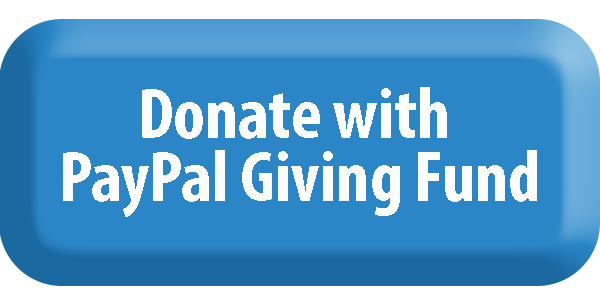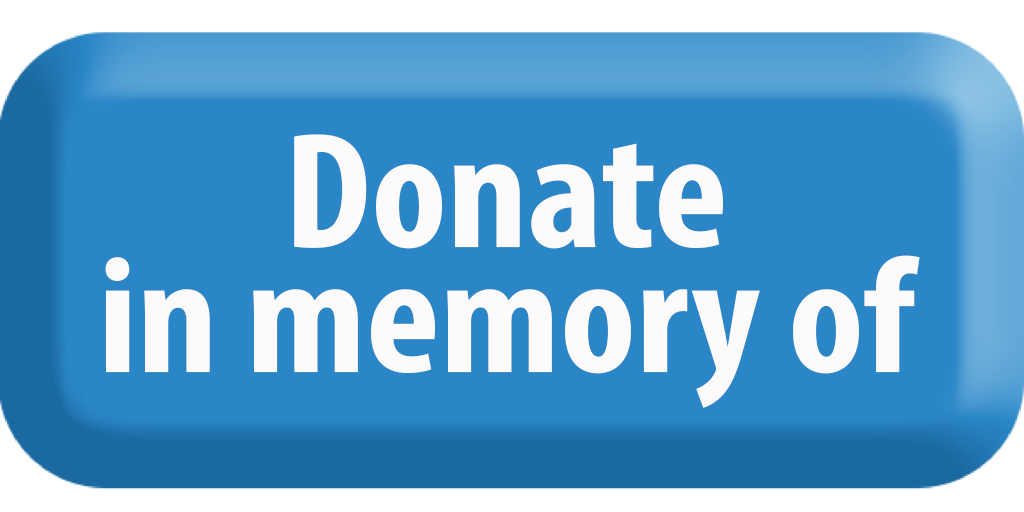Dear Hope Nation,
A dear but shy friend of mine celebrates 30 years of continuous sobriety today. I’d like to write an appreciation of him and of all the work he’s done and is doing for folks needing recovery, but he’s the kind of man who doesn’t want attention. If I asked him how he did it, he’d likely say, “I didn’t drink. I didn’t use. I didn’t die.” Instead of writing that piece, I’ll instead focus on the person most important to him, the newcomer to recovery.
Since Hope started having face-to-face meetings about a month ago (see schedule HERE), I’ve had a chance to spend time with remarkable folks, some of whom have stopped using drugs and alcohol during this pandemic. Think of that, giving up your best friend, your comfort, your security during a terrifying time. Honestly, if I’d still been drinking and drugging in March, the thought of quitting would never have crossed my mind. Instead, I’d have assumed the end of the world was nigh, so I’d face no consequences for my actions, as though a huge meteor had been spotted moving straight toward earth. “Drink, drug and stay messed up” would have been my cry, a motto that would have trumped any concerns. If you’ve quit in the past three months, God bless you!
No matter when you quit, though, I do have a few suggestions to help you get through what may be the hardest time in your life.
- Remember: you don’t have to go through this again. Each minute that passes takes you a little bit further through the swamp of pain, anger, remorse, regret, craving and desire to use “just one more time.” Quitting was hard—you don’t have to do it again.
- Listen up. Whatever your path to recovery—SMART, 12 Steps, 3 Principles, Recovery Dharma, Celebrate Recovery or any other—there are others who have been right where you are now. Listen to their suggestions, whether practical (“Make your bed every morning—it’ll begin your day with an accomplishment”) or spiritual (“Meditate.”)
- Feelings aren’t facts. Most of us come into recovery having buried our emotions under layers of anesthesia and denial. The flood of feelings in early recovery can be overwhelming. This WILL get better, but until it does recognize and label feelings—good or completely awful—and move on. Emotions aren’t true or false—don’t treat them like they are.
- Think through the drink or the drug. You’ll likely be tempted, maybe hundreds of times a day, to pick up again. Remember that addiction is insidious and powerful, and that, especially in early recovery, a reoccurrence is likely to undo the hard work you’ve been through.
- Develop a network. While having a coach or mentor or sponsor is vital for many of us, no one person can give you all the support you need. Get phone numbers and call people, go to meetings early and stay late, help out with cleaning or setting up. These are all ways to build a recovery network. When it’s two in the morning and the wolves are howling at the door, you need a wide variety of people to buoy you up.
- No HALT. Be careful not to get too Hungry, Angry, Lonely or Tired.
- Show up when you say you will. One of the most important things I learned in early recovery was the importance of commitment, whether recovery-focused, social or employment related. Showing up when you say you will, or at least calling to say why you won’t be there, goes a long way in improving your sense of self.
- Help others. The space between my ears is a war zone of nonsense and destruction. When I get outside of myself by helping others, it seems to create an internal truce.
- Focus on gratitude. If you’ve read any of the previous letters, you know I see gratitude as the all-purpose solution to almost any of my emotional or spiritual maladies. Be thankful for each breath you take. Be thankful for recovery. Be thankful for life.
I’m done giving advice for now. After all, I don’t have 30 years of continuous sobriety. My friend does. I’m thankful for him.
You matter. I matter. We matter.
Keith



